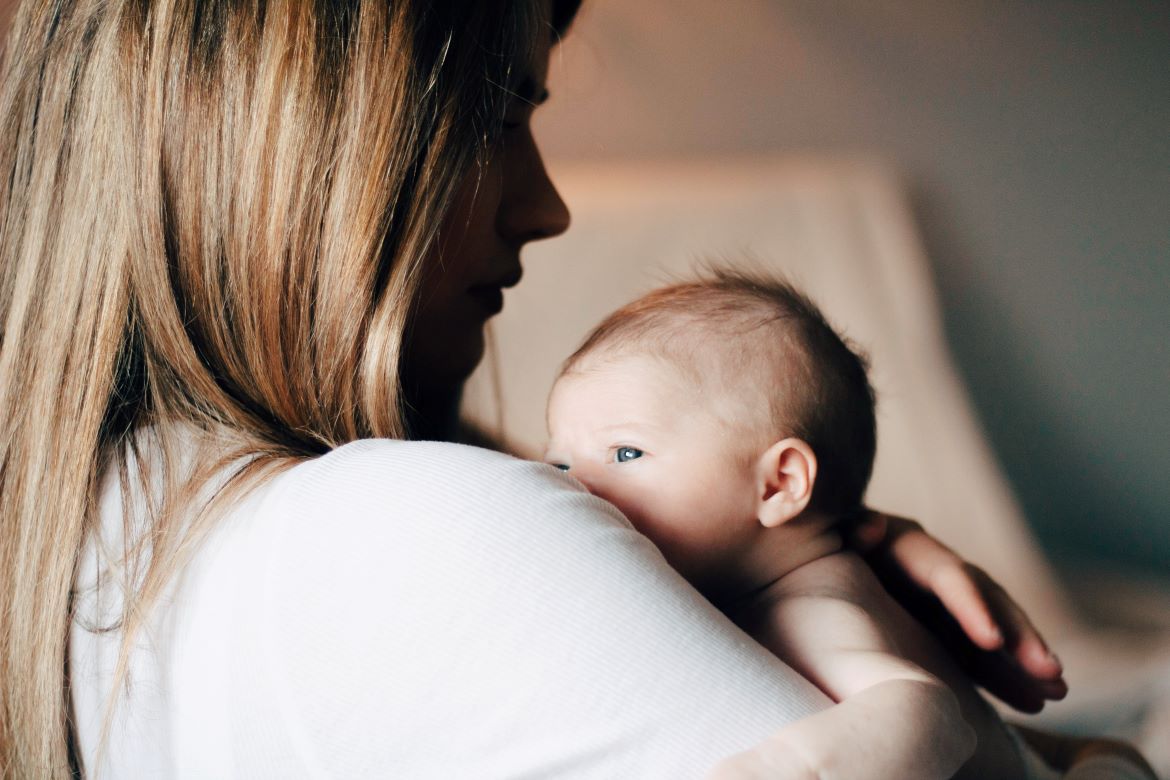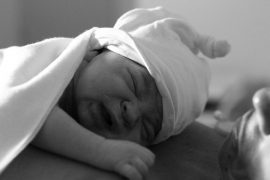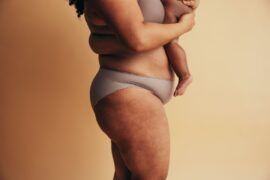Written by Jessica Raj – Pregnancy, Postpartum and Baby Nutrition Consultant
Our westernised society has made a drastic mistake in idolising career over family, that we often neglect the mothers who suffer at home from postpartum depression.
While there are many reasons for this, our ancestors had a lot to say about how nutritious food and social support are fundamental to caring for new mothers.
I am one of those mums who succumbed to the pressure of western society ideals and was diagnosed with postpartum depression with my second-born. I’m also a Pregnancy, Postpartum and Baby Nutrition Consultant and have encountered many mums suffering in what is meant to be considered the most ethereal time of a woman’s life.
I am one of those mums who succumbed to the pressure of western society ideals and was diagnosed with postpartum depression with my second-born.
Many women feel the dominating pressure to return to work after giving birth, whether it be for financial reasons or due to losing a sense of purpose that they find in their work.
No wonder more postpartum women are being diagnosed with depression.
But let’s look at it from a scientific perspective. The Mismatch Hypothesis has a lot to say about how we are living drastically different lives to our ancestors, which is largely responsible for why postpartum depression is on the rise.
The Mismatch Hypothesis has a lot to say about how we are living drastically different lives to our ancestors, which is largely responsible for why postpartum depression is on the rise.
The Mismatch Hypothesis tells us that there is a huge dietary mismatch between us and our ancestors. Our ancestors lived on plenty of whole foods, fatty fish and fibre. A 2013 study on the impact of low Omega-3 levels on postpartum women (Study) revealed that women with lower levels of Omega-3 indicated a higher depression score three months postpartum. So think about how our highly processed diet, void of whole foods including Omega 3s, is affecting our mental health, particularly for a hormonal shifting, sleep-deprived new mum.











